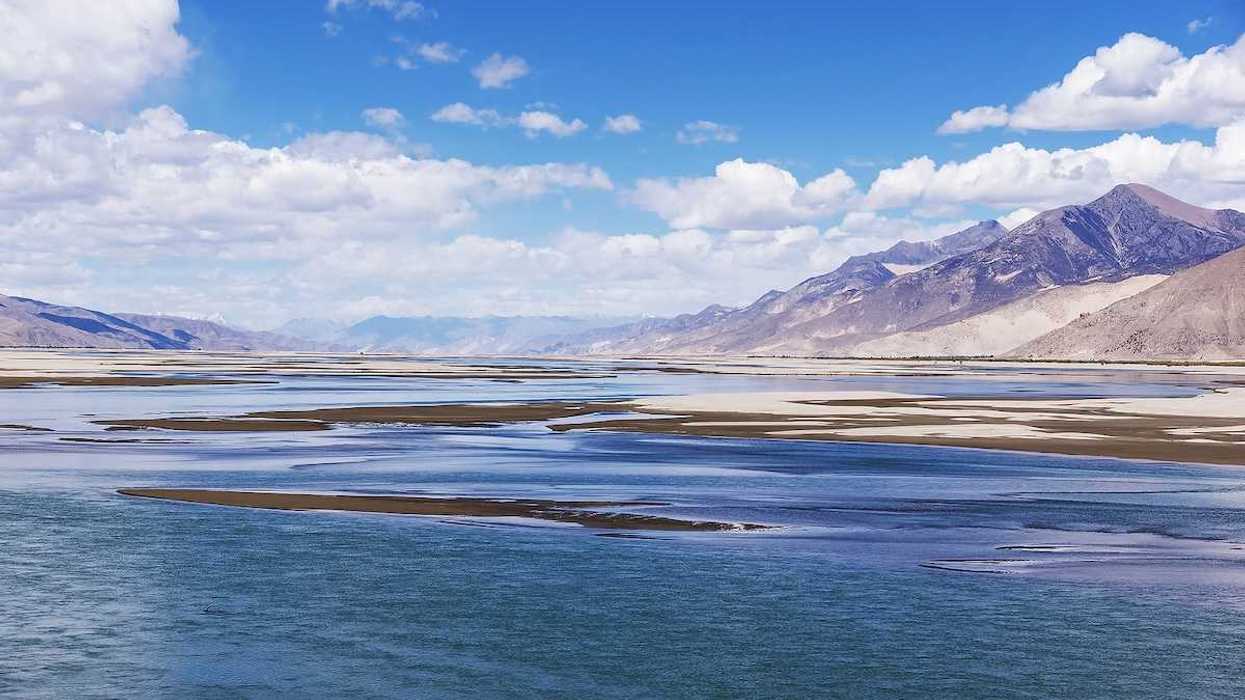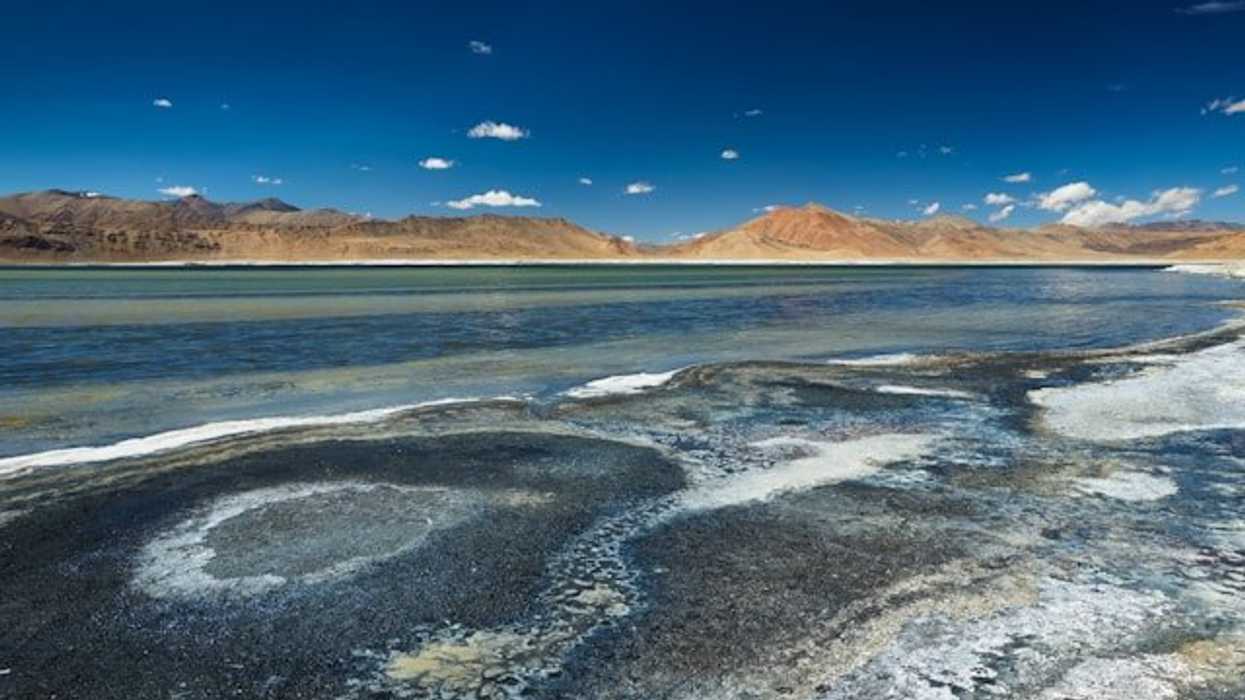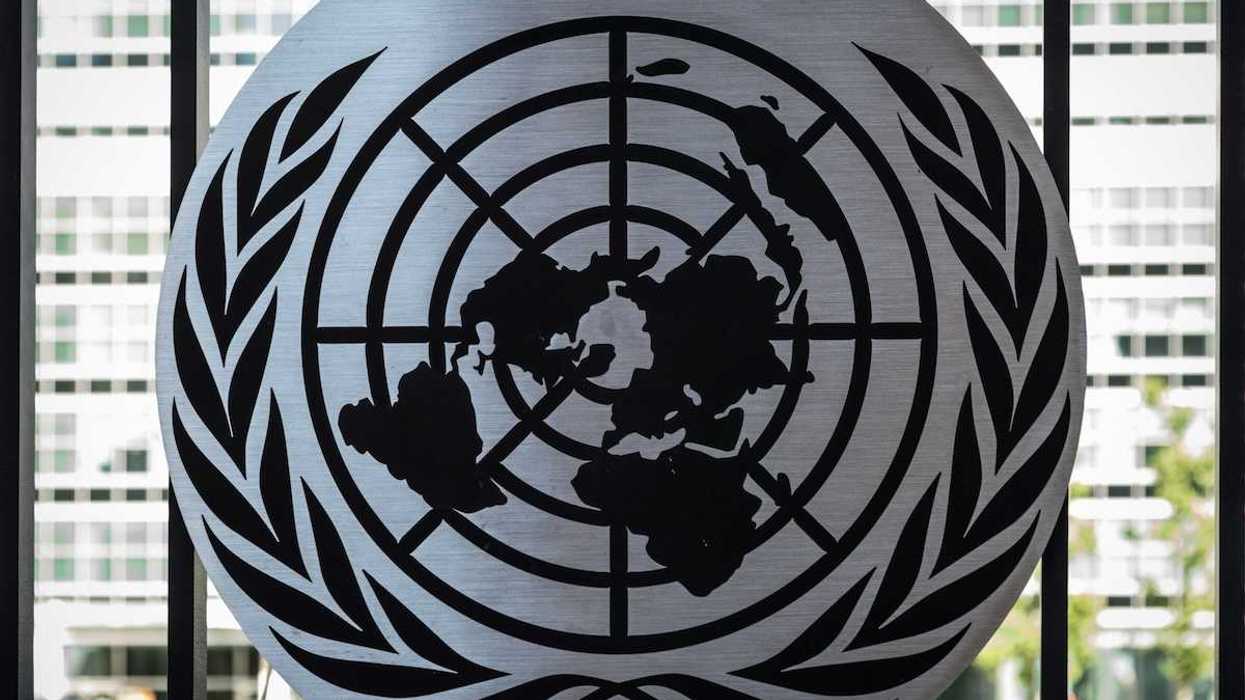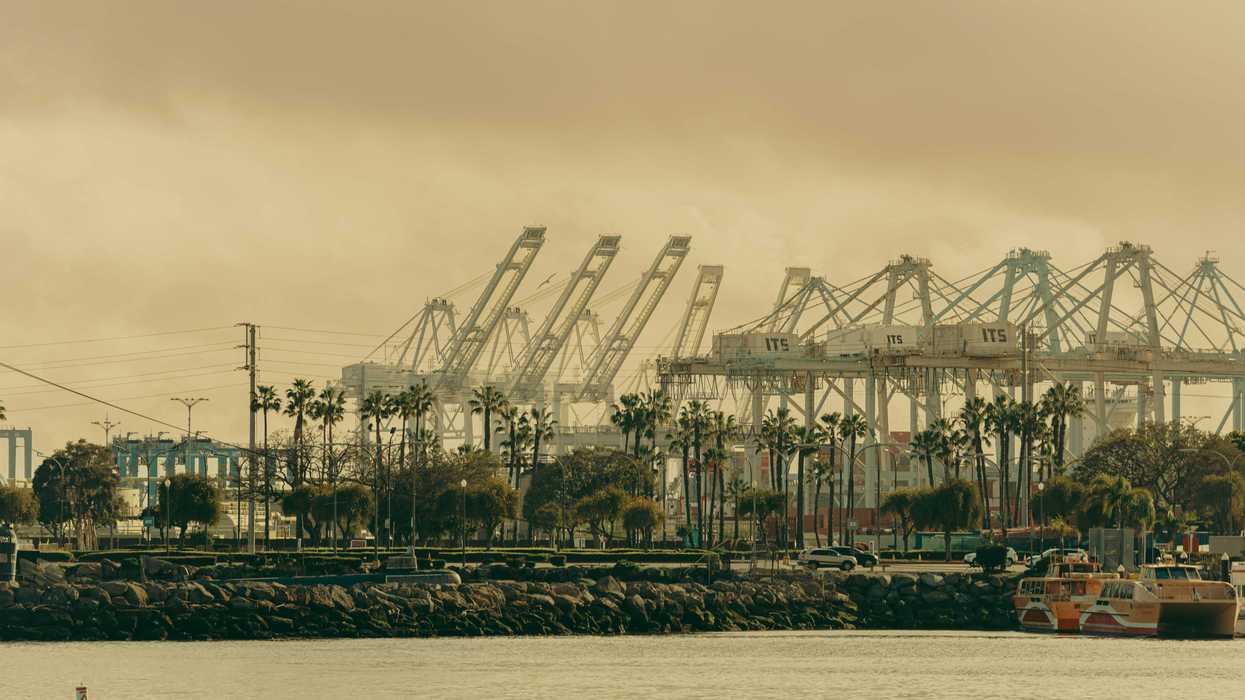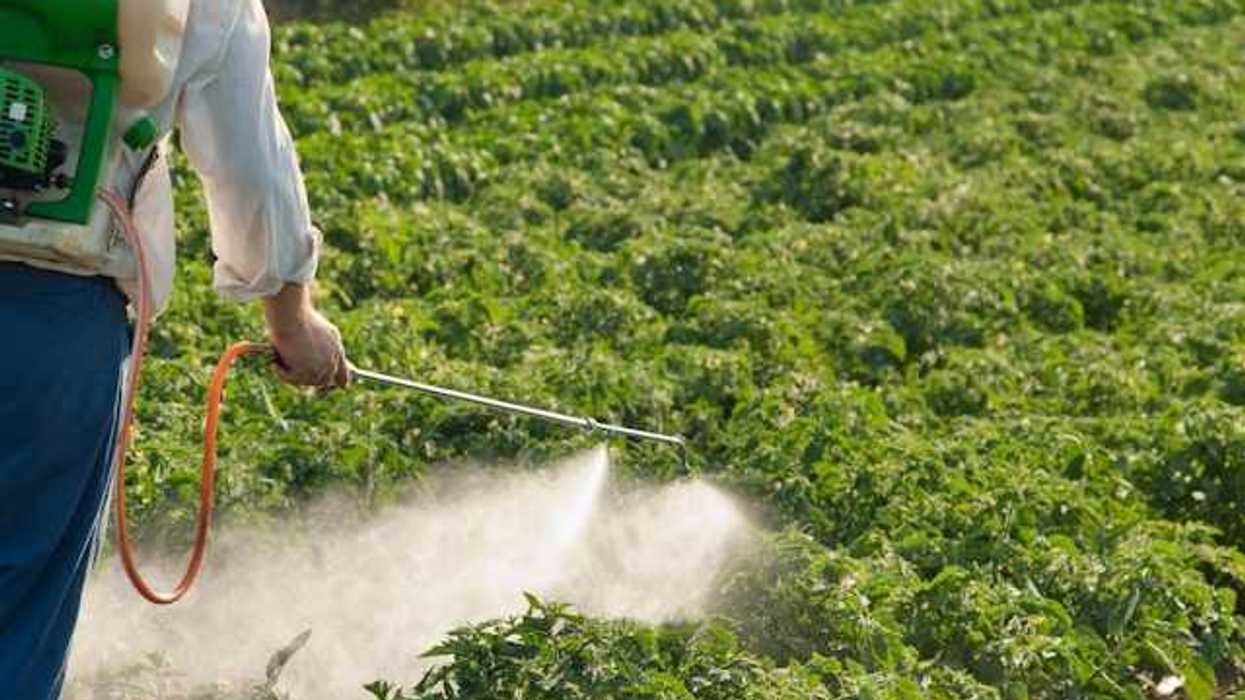A vital reservoir in Morocco is rapidly dwindling, revealing the severe impact of six consecutive years of drought and climate change on water supplies and agriculture across the nation.
Sophie Abdulla reports for the BBC.
In short:
- Satellite images reveal that Morocco's Al Massira Dam, crucial for city water supply and agriculture, now holds only 3% of its average water volume from nine years ago.
- The drought's effects are evident nationwide, with agriculture, which consumes nearly 90% of water, suffering significantly.
- Recent rainfall offers temporary relief, but long-term solutions are needed to address the worsening water scarcity crisis.
Key quote:
"The most difficult drought we have experienced in history is this year. For me, the current agricultural year is lost"
— Abdelmajid El Wardi, farmer
Why this matters:
In Morocco, a prolonged drought is not merely a matter of weather; it's a complex challenge with far-reaching consequences for both the environment and society. With much of Morocco's economy dependent on agriculture, the impact of droughts reverberates through every aspect of life.




